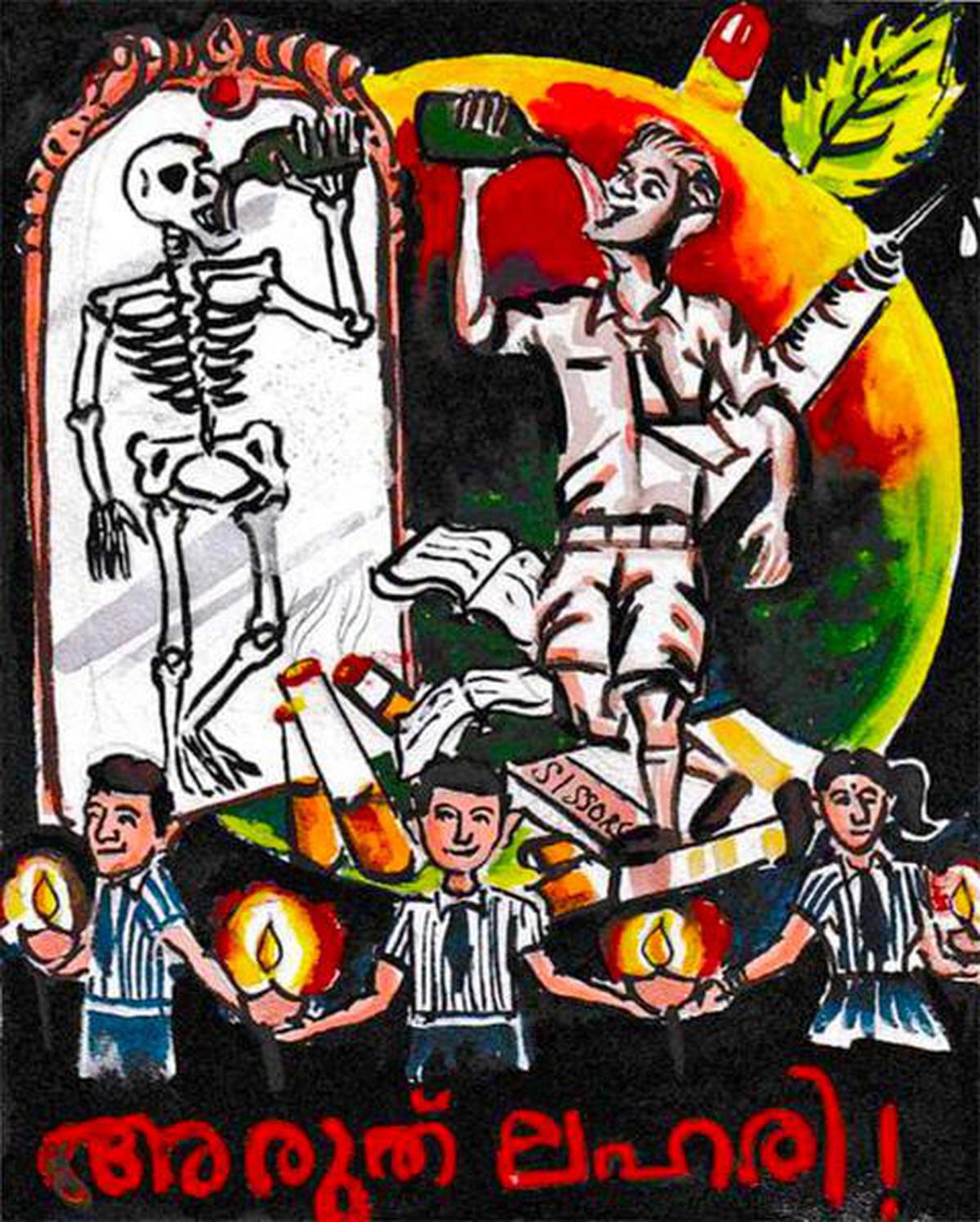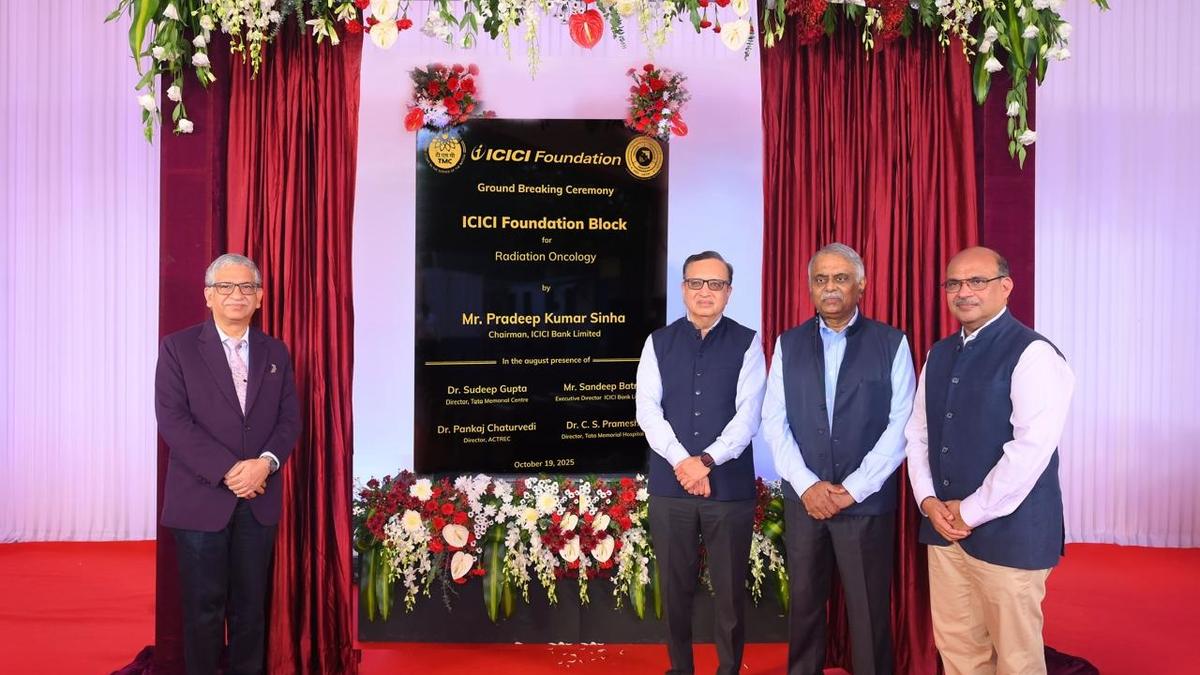Sociologist and human rights activist Kalpana Kannabiran has called on Kerala to lead the way to democratic deliberation and action on gender equality.
She was delivering the K.R. Gouri Amma Endowment Lecture on ‘A critical look at gender and the right to development’ at the 35th anniversary celebrations of the Kerala State Women’s Development Corporation (KSWDC) here on Thursday.
Referring to the “overwhelming” participation of women in local self-governments but their “gross” under-representation in higher elected constitutional offices, Dr. Kannabiran said: “Leave no one behind – at no level of governance and public life – and adopt a representative and intersectional approach to the recognition of women’s equal and robust participation in building constitutional futures.”
Global capitalist practices and rising fundamentalism have the potential to have a negative impact on access to resources and services, resulting in greater marginalisation of individuals and groups, from Dalits, tribal and religious minorities, LGBTQ communities, persons with disability, single and widowed women and so on. Besides, multiple deprivations in terms of access to health, education, water, sanitation, work and wages, the issue of security of marginalised groups also remains to be addressed effectively. Enactment of laws was necessary, but challenges related to access to justice and the lack of its time-bound delivery persisted, she said.
If this multi-layered context of discrimination and intersecting multiplicity of oppression and denial of liberty were at the core of the problem of justice, then it needed to be reckoned with in constructing an idea of development, she said.
Dr. Kannabiran said the UN Convention of Protection of all forms of Discrimination against Women (CEDAW) had earlier expressed concern about the absence of a comprehensive anti-discrimination law that addressed all aspects of direct and indirect discrimination against women and all forms of intersectional discrimination. Violence against women was also articulated as discrimination by CEDAW.
With only seven years left to achieve gender equality and empower women and girls as per the Sustainable Development Agenda adopted by UN member states, it was time to take a look at socio-cultural and political conditions that prevented attainment of full participation across gender lines, she said.
Besides identification of problems and budgetary allocations, a cultural shift for representation of women in the highest levels of institutional mechanisms was needed. Gender equality would remain an unrealised goal unless addressed through an inter-reading of the sustainable development goals with CEDAW and the Indian Constitution, she said.
Dr. Kannabiran praised K.R. Gouri contributions not just to Kerala but also in terms of how to approach women’s issues and make the country a less hostile place for them.
Planning Board member Ravi Raman presided. Technical sessions on financial empowerment, social infrastructure development, and socio-political development followed the lecture.




